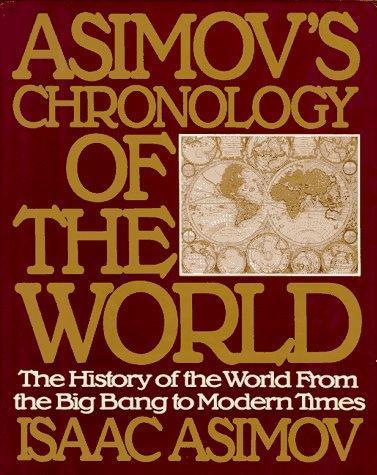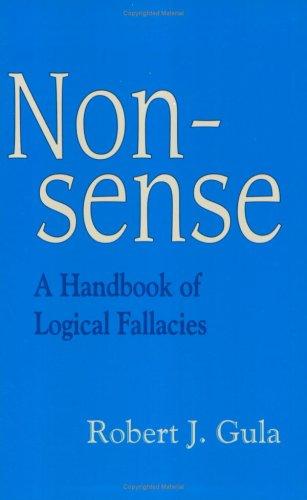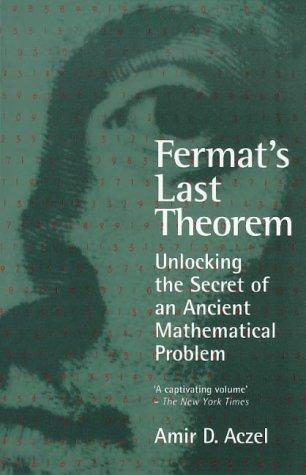Unlike some of Helen's insightful essays blog posts—which I cannot recommend enough—Wonderstruck is not the inspirational powerhouse I expected it to be. There's too much redundant repetitiveness and far too little scepticism toward religion. There are about a dozen paragraphs that I've bookmarked, but proportionally too few for the amount of pages.
That being said, Wonderstruck can be a good starting block as it is chock-full of references to other authors who've ventured upon awe and wonder. Helen is obviously well-versed enough to write a compelling book, but not yet tuned right.
The Richness of Reason - part 1: for Marin Mersenne, all music is math rock
User Profile
This link opens in a pop-up window
arsCynic's books
User Activity
RSS feed Back
arsCynic reviewed Wonderstruck by Helen De Cruz
None
2 stars
Unlike some of Helen's insightful essays blog posts—which I cannot recommend enough—Wonderstruck is not the inspirational powerhouse I expected it to be. There's too much redundant repetitiveness and far too little scepticism toward religion. There are about a dozen paragraphs that I've bookmarked, but proportionally too few for the amount of pages.
That being said, Wonderstruck can be a good starting block as it is chock-full of references to other authors who've ventured upon awe and wonder. Helen is obviously well-versed enough to write a compelling book, but not yet tuned right.
The Richness of Reason - part 1: for Marin Mersenne, all music is math rock
arsCynic reviewed Memoirs of Hadrian by Marguerite Yourcenar
None
4 stars
Thanks to Hadrian and Marguerite my life is better now than before.
There's a sequence of about 65 pages (±20%) I did not enjoy because of being too descriptive and enumerative, but everything surrounding it is elucidating and invigorating.
Thanks to Hadrian and Marguerite my life is better now than before.
There's a sequence of about 65 pages (±20%) I did not enjoy because of being too descriptive and enumerative, but everything surrounding it is elucidating and invigorating.
arsCynic reviewed A Room of One's Own by Virginia Woolf
None
2 stars
“Tomorrow's computing systems will help solve traffic problems, unemployment problems, nuclear power problems - even psychological problems.”
It seems tomorrow's forecast was wildly ambitious. Anyway, World of Numbers was okay. Interesting, some valuable titbits of historical information, but only faintly stirred my fascination.
“Tomorrow's computing systems will help solve traffic problems, unemployment problems, nuclear power problems - even psychological problems.”
It seems tomorrow's forecast was wildly ambitious. Anyway, World of Numbers was okay. Interesting, some valuable titbits of historical information, but only faintly stirred my fascination.
arsCynic reviewed Elon Musk by Walter Isaacson (duplicate)
None
If in this book Muskuito doesn't get outed as just another immoral rich douchebag, then it is a shitty book.
If in this book Muskuito doesn't get outed as just another immoral rich douchebag, then it is a shitty book.
arsCynic reviewed Chernobyl by Serhii Plokhy
None
4 stars
Chernobyl: The History of a Nuclear Catastrophe is as far as I know impartial and meticulously researched. However, in the Titans of Nuclear - Chernobyl Miniseries podcast I've heard the number of radiation caused health problems is far less than what this book presents. In any case, the Chernobyl disaster is an attestation to the importance of proper communication and vigilance against authoritarianism.
Chernobyl: The History of a Nuclear Catastrophe is as far as I know impartial and meticulously researched. However, in the Titans of Nuclear - Chernobyl Miniseries podcast I've heard the number of radiation caused health problems is far less than what this book presents. In any case, the Chernobyl disaster is an attestation to the importance of proper communication and vigilance against authoritarianism.
arsCynic reviewed The Republic of Plato by ICON Reference
None
1 star
“It is better either to be silent, or to say things of more value than silence. Sooner throw a pearl at hazard than an idle or useless word; and do not say a little in many words, but a great deal in a few.” —Pythagoras (570–496 BC)
Plato did not apply the rule above. Did not finish.
“It is better either to be silent, or to say things of more value than silence. Sooner throw a pearl at hazard than an idle or useless word; and do not say a little in many words, but a great deal in a few.” —Pythagoras (570–496 BC)
Plato did not apply the rule above. Did not finish.
arsCynic reviewed Chaos: making a new science by James Gleick
None
3 stars
Chaos: Making a New Science taps from an extensive amount of resources and chronicles the history well, but I frequently found it too timidly conveying the mind-blowing nature of it all—as if James Gleick assumed the reader is already reasonably versed on the matter and therefore so convinced. To the uninitiated, opt for another book. Lastly, it was a reality check to discover scientists can be just as dogmatic as religious zealots.
arsCynic reviewed Discourses, fragments, handbook by Epictetus
None
5 stars
Highest tier recommendation. It's repetitive without anything feeling so, and the value of repetition is exactly one of the main points it makes.
Highest tier recommendation. It's repetitive without anything feeling so, and the value of repetition is exactly one of the main points it makes.
arsCynic reviewed Letters from the Earth by Mark Twain
The eponymous story, “Letters from the Earth,” is a set of eleven letters written by …
None
1 star
Only the first story, Letters From The Earth, was worth it. After that it just becomes a drag.
arsCynic reviewed Evariste Galois, 1811-1832 by Laura Toti Rigatelli
arsCynic reviewed Fermat's Last Theorem by Amir D. Aczel
None
5 stars
This book fills a significant void in scientific education: making mathematics fascinating and tangible through its historical origins. Despite being exquisitely succinct, Amir takes his readers on a multimillennial voyage as he in turn sets out to prove why Fermat's Last Theorem is proven to be so beautiful, both mathematically and beyond.
This book fills a significant void in scientific education: making mathematics fascinating and tangible through its historical origins. Despite being exquisitely succinct, Amir takes his readers on a multimillennial voyage as he in turn sets out to prove why Fermat's Last Theorem is proven to be so beautiful, both mathematically and beyond.
None
2 stars
Contains a fair amount of quotable wisdom, but in general the story was not memorable. It often says a lot without saying anything at all, or I'm just not smart/insane enough to read through the poetic obfuscation. Hitler, however—if he did in fact read Thus Spoke Zarathustra—it is easy to see which parts he got inspiration and justification from.
https://en.wikipedia.org/wiki/Influence_and_reception_of_Friedrich_Nietzsche.
Contains a fair amount of quotable wisdom, but in general the story was not memorable. It often says a lot without saying anything at all, or I'm just not smart/insane enough to read through the poetic obfuscation. Hitler, however—if he did in fact read Thus Spoke Zarathustra—it is easy to see which parts he got inspiration and justification from.
https://en.wikipedia.org/wiki/Influence_and_reception_of_Friedrich_Nietzsche.
arsCynic reviewed In the Company of Crows and Ravens by John Marzluff
None
3 stars
Quite repetitive at times and one third too thick if you're merely interested in interesting facts about corvids. Also, the illustrations lose their detail in the paperback version.
Not a bad book. It just depends what you're looking for.
Quite repetitive at times and one third too thick if you're merely interested in interesting facts about corvids. Also, the illustrations lose their detail in the paperback version.
Not a bad book. It just depends what you're looking for.














